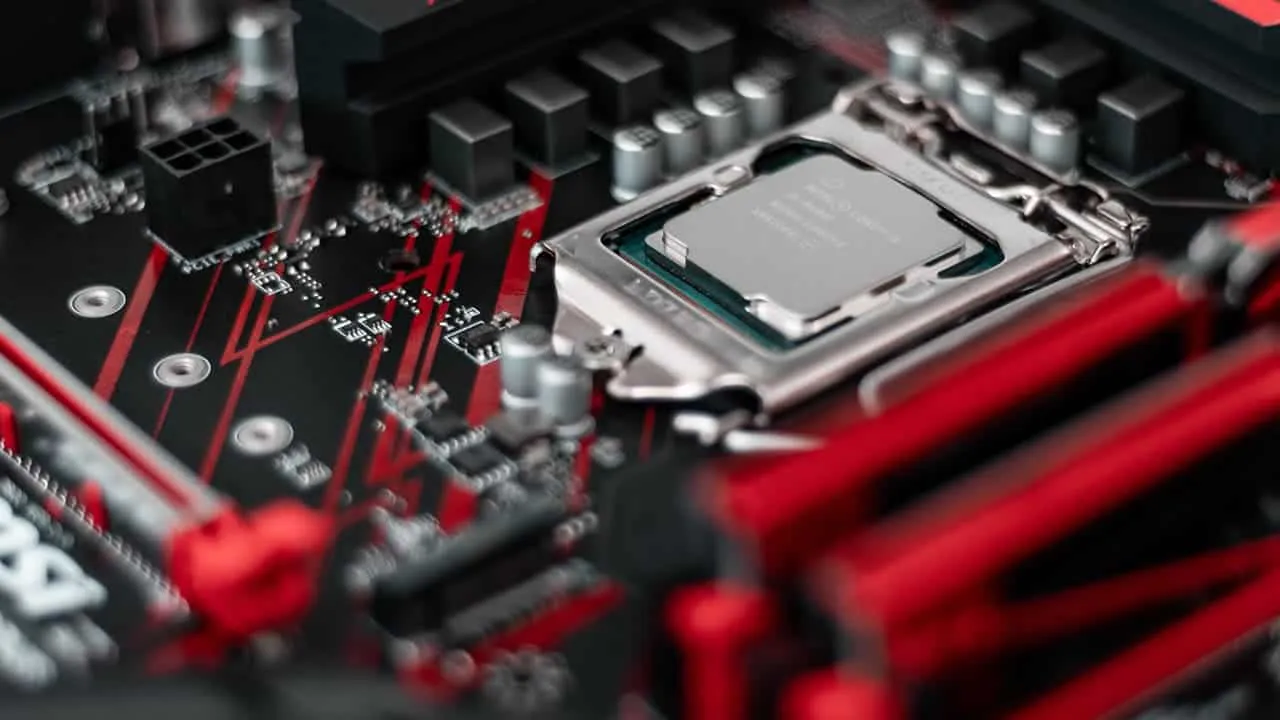
Keeping your PC in top shape is crucial for its longevity and performance. However, even with the best intentions, it's easy to make mistakes that can harm your computer. Let's explore critical PC maintenance mistakes you should avoid to ensure your PC runs smoothly and efficiently.
Don't Use a Vacuum Cleaner to Clean Your PC
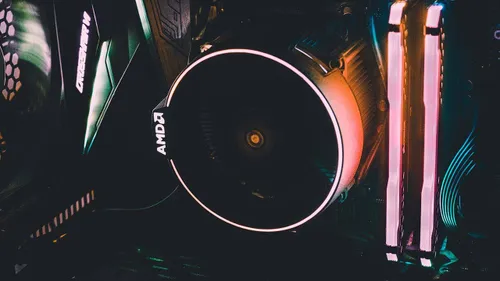
It's tempting to use a vacuum cleaner to suck up dust from your PC, but this can be a dangerous mistake. Vacuums generate static electricity, which can discharge and damage sensitive components like your motherboard, RAM, or GPU.
Moreover, the strong suction can dislodge small parts, leading to further issues. The safest way to clean your PC is with a can of compressed air, specifically designed for dust removal without the risk of static electricity. When using compressed air, hold the can upright to prevent liquid from being expelled.
Apply the Right Amount of Thermal Paste
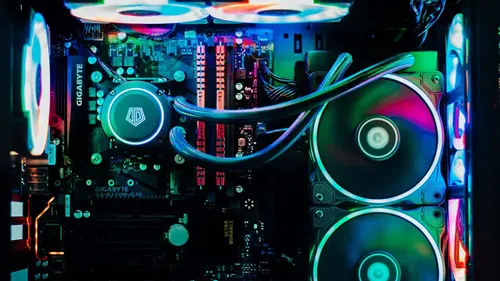
Thermal paste is essential for efficient heat transfer between your CPU and cooler. However, applying too much can be detrimental. Excess paste can spill onto the motherboard, causing short circuits. Additionally, air pockets created by excessive paste can reduce heat transfer effectiveness, leading to overheating.
It's crucial to learn how to apply thermal paste correctly. A common method involves applying a small pea-sized amount directly to the center of your CPU. This will spread evenly when you install the cooler, preventing spills and ensuring optimal heat dissipation.
Avoid Blowing Air Without Ventilation During PC Maintenance
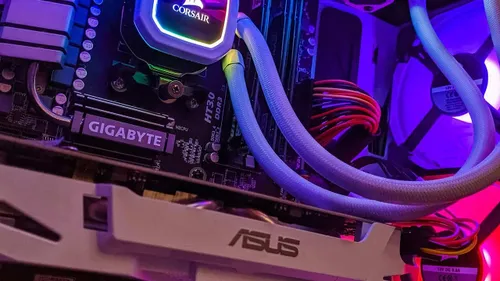
While using compressed air to clean your PC is effective, it's essential to do it correctly. Blowing air into a closed case or a poorly ventilated area can simply redistribute dust within the case instead of expelling it.
Always clean your PC in a well-ventilated area, and consider removing one side of the case to allow dust to escape. This will prevent dust from settling back onto your components.
Don't Use Glass Cleaners to Clean Acrylic Panels on Your PC
Acrylic panels are a popular choice for PC cases due to their transparency and affordability. However, they require special care when cleaning. Unlike glass, using regular glass cleaners on acrylic can cause it to become cloudy or discolored over time. These chemicals can also weaken the acrylic, making it more susceptible to scratches.
Instead, clean acrylic panels with a mild soap and water solution and wipe them with a soft microfiber cloth. This gentle approach will prevent damage to the surface.
Avoid Polishing Connectors During PC Maintenance
It might seem like a good idea to polish connectors on your components, but this can be harmful. Polishing can remove the gold plating that covers many connectors, leading to corrosion and poor electrical contact. Although gold is less electrically conductive than copper, the gold plating on contacts should not be removed. Additionally, abrasive materials used in polishing can scratch the surface, making connections less reliable.
If you need to clean connectors, use a dry microfiber cloth or a specialized electronic contact cleaner that's safe for delicate components.
Don't Put Your PC In Confined Places While Maintaining
Placing your PC in an enclosed space, such as a cabinet or under a desk with limited airflow, can lead to overheating. PCs require adequate ventilation to dissipate the heat generated by components like the CPU and GPU. When airflow is restricted, the internal temperature can rise, causing thermal throttling (reduced performance to cool down), crashes, or even permanent damage.
Ensure your PC has ample space for air circulation and consider adding extra case fans if necessary.
Avoid Over-tightening Screws During PC Maintenance
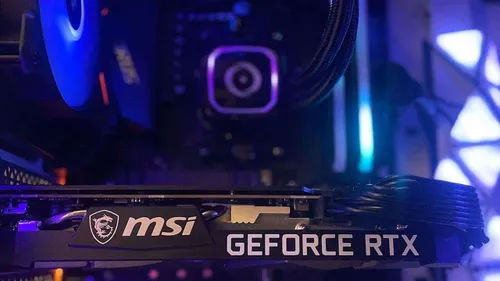
Over-tightening screws is a common mistake, especially for those new to building or maintaining PCs. Screws that are too tight can strip the threading, damage the components they're meant to secure, or even crack the motherboard. This is particularly risky when installing CPUs or motherboards, where even slight damage can lead to significant issues.
Over-torquing also applies to the PC case. Stripping the screw head from its threads can cause malfunctions, forcing you to properly remove the screw. Tighten screws just until they're snug; there's no need to apply excessive force. Avoid using electric screwdrivers, but if you must, set torque settings to low and never use the impact function.
Don't Use WD-40 to Lubricate Fan Bearings
WD-40, a common household lubricant, is not suitable for PC fan bearings. It's a water-displacing solvent that can attract dust and lead to more significant issues over time, including clogging the fan or causing it to seize up entirely.
If your fans are noisy, it's better to replace them rather than attempt to fix them with lubricants. PC fans are relatively inexpensive, and replacing them ensures your system remains in good working order. If you must lubricate them, avoid WD-40 and try other light oil-based lubricants instead.
Avoid Frequent Disassembling
While it's important to keep your PC clean, frequent disassembly and re-seating of components can cause wear and tear. Screws can become stripped, connectors can loosen, contacts can be scratched, and clips can weaken over time. Regular cleaning is necessary, but focus on surface cleaning and only disassemble your PC when necessary, such as during hardware upgrades or if there's a serious dust buildup.
Popular News
Latest News
Loading




